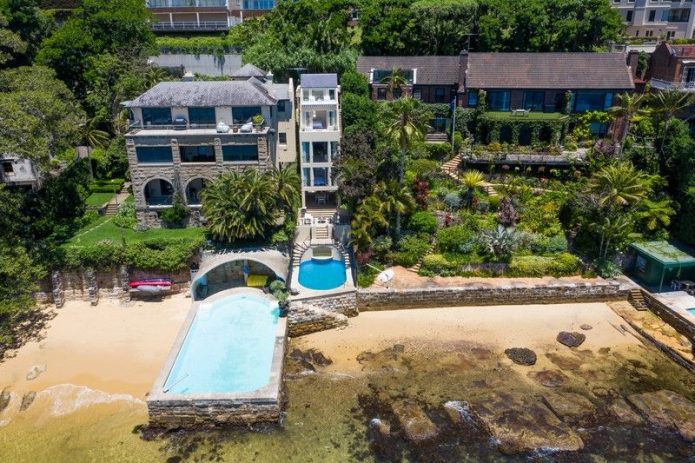PHOTO: Housing prices. FILE
In Part Two of a two-part series on New Zealand’s skyrocketing house prices, Ashley Balls offers explanations and potential strategies for addressing the issue.
The rapid increase in New Zealand’s house prices has become such a problem that it distorts local debt markets and has become a classic debt-driven, speculative bubble. This is unusual, happening at a time when the overall economy is shrinking – as a result of Covid – and when illiquid investment prices would typically decline.
Whilst New Zealand has fared far better than most in managing the Covid scourge, the economy for 2021 and 2022 is likely to be smaller than it was in 2019 – yet commentators are, perversely, still talking up further price rises.
Property Investment 101
All investing entails risk and obviously nothing is certain, but there are some basic property investment rules that all prudent investors consider, namely:
- Make your profit when you buy – not when you sell. Purchase in the wholesale not the retail market and always buy at a discount. By the time a property is listed it’s in the retail market.
- Calculate your Net Operating Income (NOI) before buying. Gross rental income – less all expenses. NOI is likely to be in the range of 55 to 65 percent of gross rent. (Perhaps a little more if you value your time at zero.)
- Look at the real rate of return on your capital. Calculate NOI against purchase price; compare with other properties and historically. If the rate is falling (having taken changing interest rates into account) the price peak has already passed.
- Calculate the amount of deposit you need to ensure you have a positive cashflow after meeting all expenses. Do not rely on capital gain – leave that to dairy farmers.
- Minimise your transaction costs from buying and selling; agents, legal fees, advertising, refurbishment etc. This is why professional investors often only buy new, direct from the developer/builder and retain the properties.
There have been suggestions that, recession or not, house prices will continue to surge to satisfy the large number of Kiwis who have returned from overseas. The number of returnees at the time of writing was some 50,000 – 60,000. However, this is more than matched by the number of foreign, migrant and working-holiday personnel who have left in the same period – a number reported to be around 100,000 – mostly from the tourism, hospitality and agricultural sectors.
Moreover, once the Covid vaccination programme starts and gathers speed, leading to a safer world, many of the returned Kiwis might well go back to their former jobs overseas. In any event the pull of the ‘Big OE’ will return and see many young professionals head overseas again.
It is accepted that investment assets and commodity prices don’t normally increase while the following prevails: shrinking economy, insignificant inflation meaning cheap debt, a disproportionate share of all new debt going into property speculation, debt-to-income ratios at levels never seen before.
Then it begs the question: Are we heading for a train wreck and what can be done to stop it?
Looking at Auckland as an example, current average income is $52,500 and the median house price is just over $1 million – or 10 times income. This multiple (10:1) is some two and half times the long-term average and would be unsustainable were it not for very cheap debt. A one percent rise in interest rates would increase mortgage repayments by 40 percent for those paying 2.5 percent.[2]
Could this be passed on to already stretched tenants? Unlikely, unless incomes increase or some rent support scheme is introduced. The latter would be political suicide.
Preventing the bubble from bursting
If people are starting to accept that a housing price bubble is developing and that far too much debt (40 percent of which comes from offshore) is going into property, can anything be done to stop any bubble from bursting?
The answer is yes, but there is no single lever that can be pushed/pulled that will deliver an outcome that does not seriously damage the entire economy.
READ MORE VIA NZ BUSINESS











